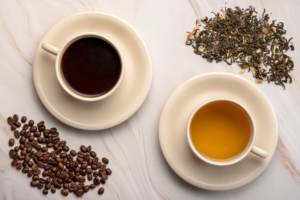-
Ungersheim, Village in Transition, France

From Ungersheim in north-eastern France comes an amazing tale of what Transition looks like when it’s lead by a Mayor and the local authority.
-
Video – Five New pairs of merging supermassive black holes discovered

Astronomers have found five new supermassive black holes in the centers of galaxies. When galaxies collide and merge with each other, it can force their supe…
-
How gravitational waves attracted a Nobel Prize
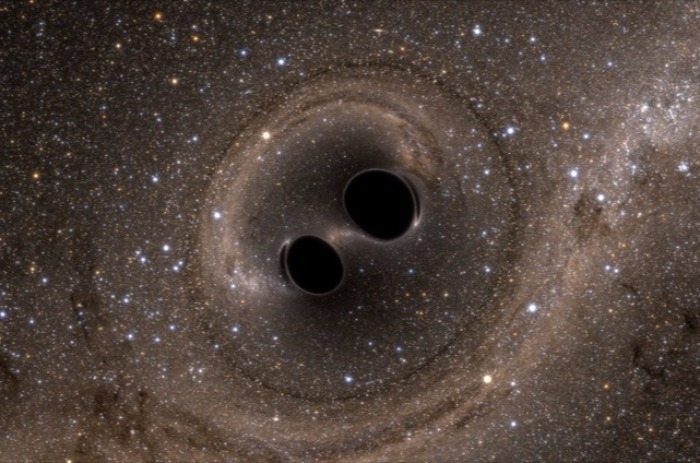
The 2017 Nobel prize for physics was awarded to scientists who helped pioneer the discovery of ripples in the fabric of spacetime, known as gravitational waves
-
Sacred Activism and Self-Care as Catalysts for Positive Change

In this presentation, we will discuss the nature of spirituality, self-care, and how we maintain our inner health to feed our action in the world and make us more effective agents for change.
-
Night Sky: Visible Planets, Moon Phases; Events, October 2017
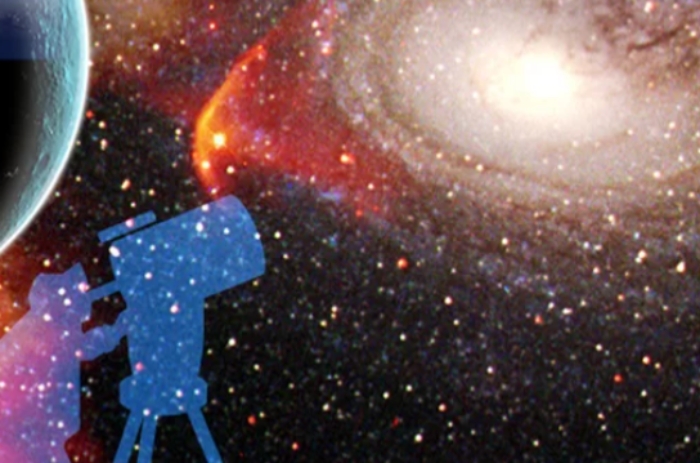
Find out whats up in your night sky during October 2017 and how to see it in this Space.com stargazing guide.
-
Promoting human rights through science

Inspired by the work of the AAAS Science and Human Rights Coalition (AAAS is the publisher of Science), we asked young scientists this question: Describe how applications of knowledge in your field (information, methodologies, services, and/or products) could support civil, political, economic, social, or cultural rights.
-
Who Owns the Future of California’s Energy? Its Residents
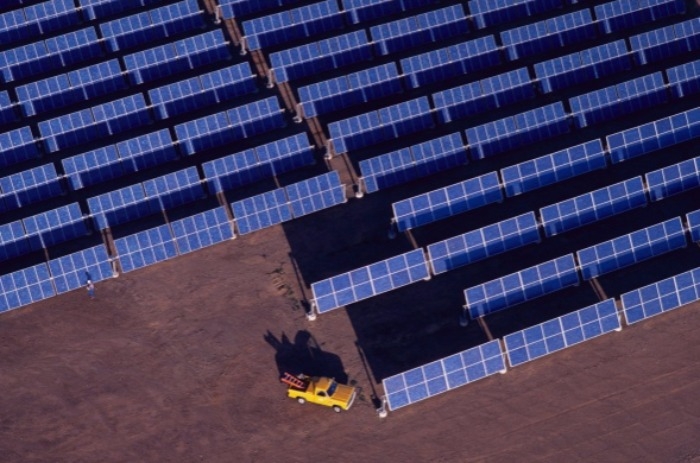
Despite all the money in politics, the future of cleaner energy is in the hands of local communities.
-
A Clear Choice: My Fossil Fuels—or 5.6 Million People Fleeing a Hurricane
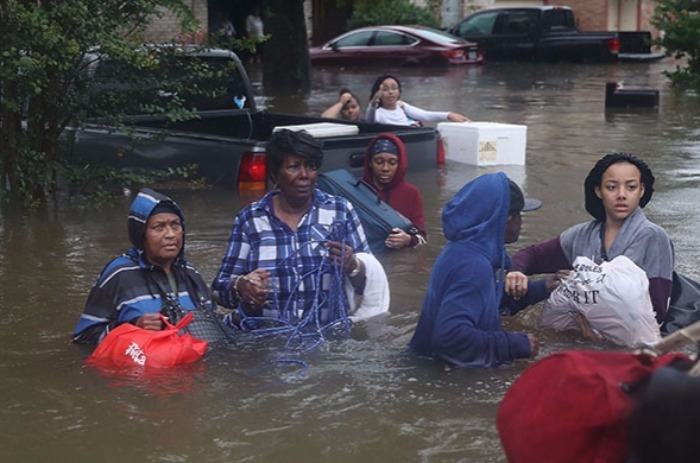
Collective action is made up of individuals leading the way, showing what’s possible, shifting the normal.
-
Trump’s tax plan is a huge gift for the wealthy, and a disaster for everyone else

While Donald Trump is pitching his tax plan as something that benefits the middle class, even a cursory glance at the ill-defined plan shows that in truth it’s a windfall for the extremely rich.
-
Fukushima’s decommissioning delays, challenges and unknowns remain roadblocks to cleanup

Six and a half years after the Fukushima Daiichi triple meltdown, Japan’s government, the nuclear regulator and Tokyo Electric Power Company’s (TEPCO) most rudimentary plan of attack for recovery from radioactive catastrophe is delayed again.



